Moisture is always a problem when it comes to your basement and floors. When you think about moisture, insects, mold, bacteria, fungi, and many other microorganisms come to mind. So if you're wondering if you should drylock your basement walls and floors, we asked some building experts for answers.
Drylocking is necessary when erecting a building, especially for basement floors and walls. Basement floors and walls are usually porous so water can seep in readily. To maintain a comfortable floor and wall condition, it is important to use drylock.
Leeks and seepage can cause great discomfort in even the most perfectly-maintained home. To learn more about drylock, keep reading as we explain further down this post.
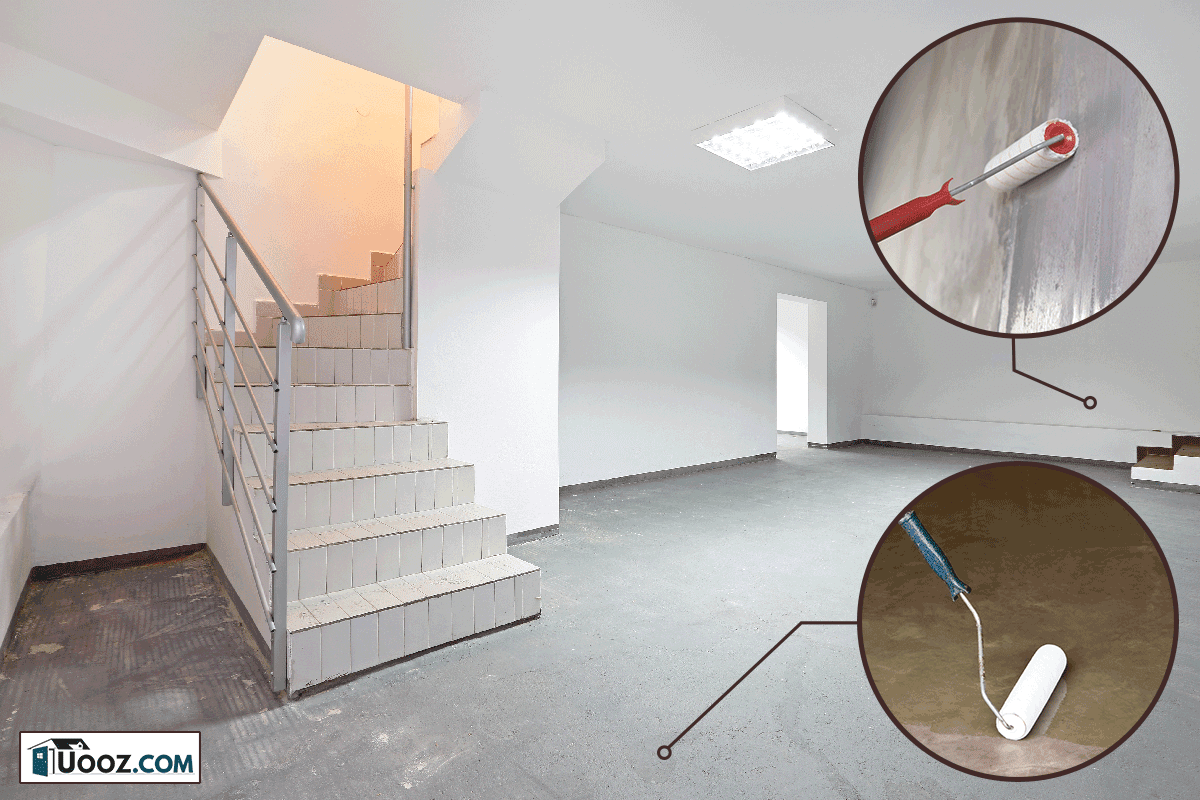
What Does Drylock Mean?
Drylock or drylok is an essential building material that acts as a waterproofing seal to your masonry wall and concrete surfaces. As a homeowner, when you hear anyone refer to drylock, think about something that deals with water [leaks and seepage] from your basement and walls.
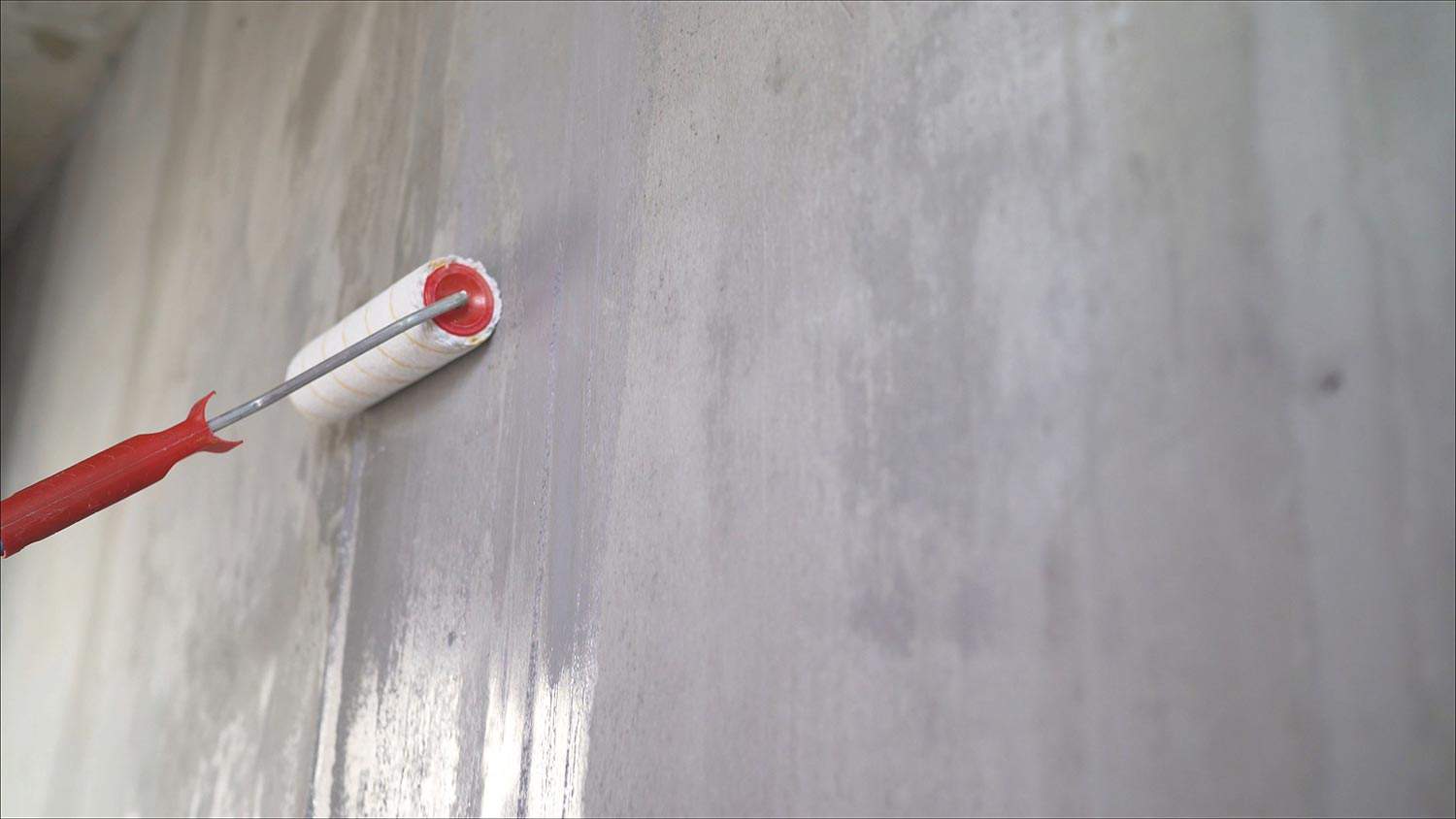
It prevents water from seeping into your home. This water seeps in through the pores of the blocks or concrete. Then, it gives you the neat and satisfying dryness you need.
Drylock can be used for various surfaces, including brick walls, stucco, concrete, wood and porous terra cotta, etc.
Should I Drylock My Basement Walls and Floors?
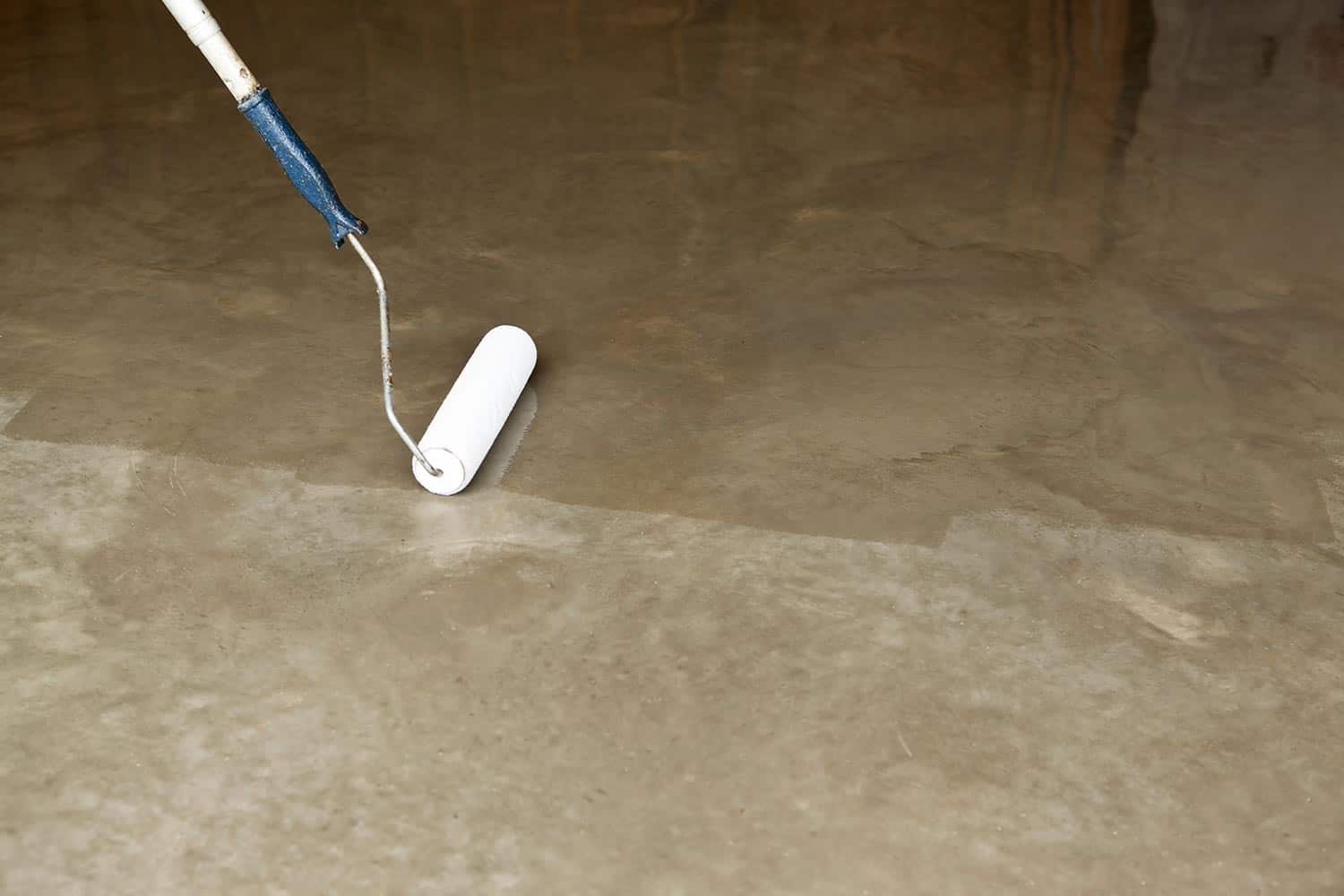
If you are a homeowner, you should understand the damage that moisture and water seepage can cause. It can destroy your basement floor and lead to even more spending on repair.
Using Drylock on the basement and floors is essential to keep moisture out. Drylok fills the pores which are in the block, thereby stopping water from seeping through them into your home.
Drylok is essential because of the following:
- It is a solid precautionary waterproof agent
- It can be applied to different surfaces such as bricks and even wood
- Drylock can last for up to 10 - 15 years of warranty
- It is not difficult to use, so you can save time
- Drylock comes in a variety of colors to suit your taste
Can I Paint Basement Floors With Drylok?
Different companies produce Drylock sealants. One of the most popular is Drylok Technologies. Drylok works efficiently when it comes to water leaks and seeps. The company has provided various types of waterproofing agents to aid homeowners in ensuring dry walls and basements.
To get the best results, you need to determine which of their products suit your problem. For your satisfaction, it is important to find out which products are used for different surfaces.
For example, painting basement walls with just any drylok may not work effectively. It is better to use DRYLOK® Floor & Wall Masonry Waterproofer on floors and walls. Other Drylok products which can be effective on floors include
- Drylok Concrete and Masonry Liquid
- Drylok Latex Concrete Floor Paint
- Drylok Wetlook Clear High Gloss
- Drylok Protector Clear Low Sheen Penetrating Sealer
- Drylok Etch
- Drylok Natural Look Curing Membrane & penetrating Sealer
- Drylok Floor & Wall Masonry Waterproofer
- Drylok Non-Skid Additive
- Drylok Concrete Protector
Check out the Drylok Masonry Waterproofer on Amazon.
See the Drylok Etch on Amazon.
Should I Seal My Basement Floors?
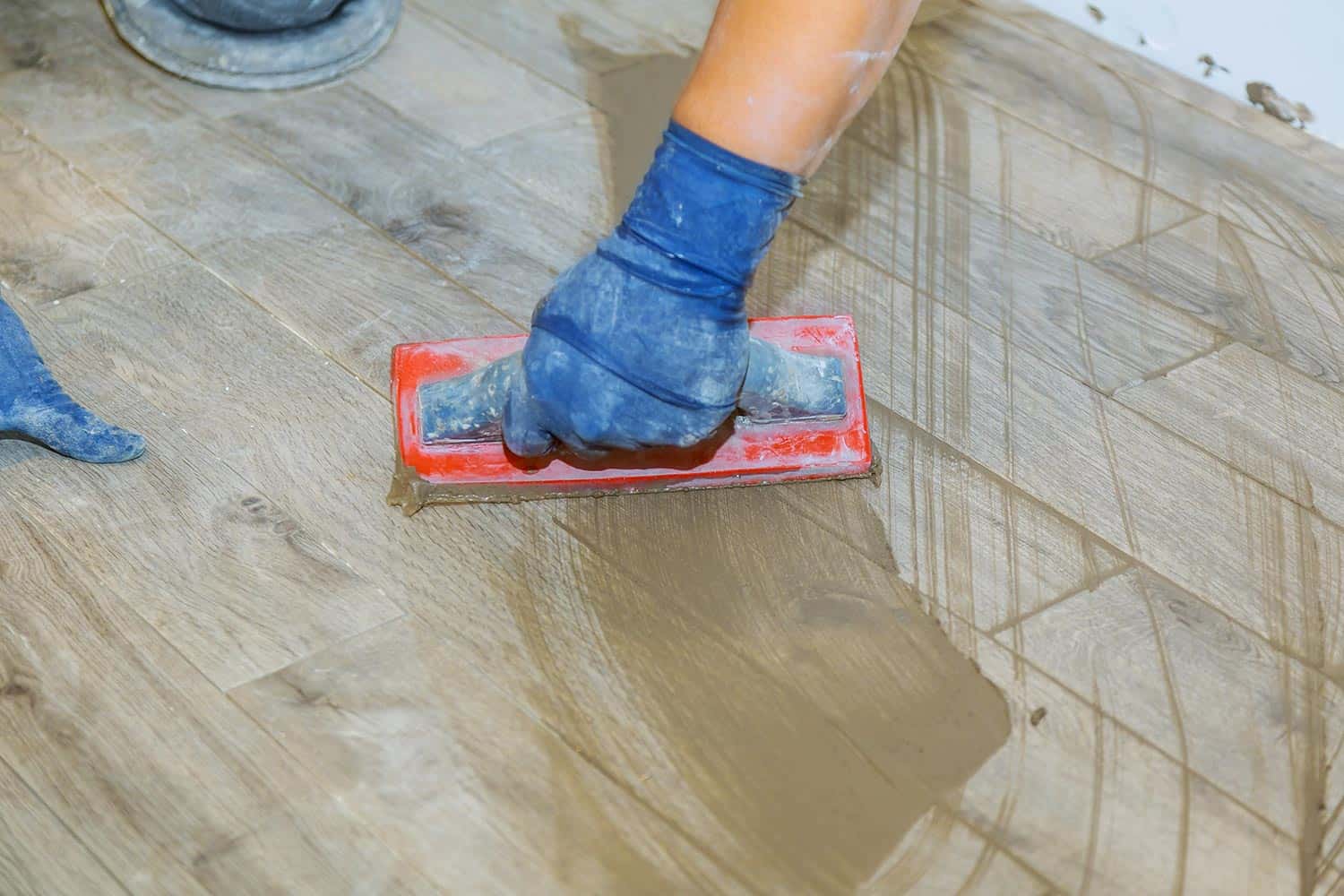
It is always best to take precautionary measures when building. Waiting for the problem to arise before thinking of solutions is time-consuming and even more expensive.
Every homeowner knows that concrete is an essential building material. You can not build without concrete. Concrete is a solid building material, even though it can experience fractures. These fractures come as a result of water seeping into their pores.
Sealing can cause concrete to be durable as well as prevent cracks and scaling. Using topical sealers like acrylic can enhance colors and reduce stains.
Sealing your concrete can also be a long-term investment because it increases longevity. As the name implies, sealing, especially with the right type of seal, avoids seepings into your floors.
Effect of Not Sealing Your Basement Floor
Not sealing your concrete floors can cause damage to your floor; it can cause cracks. It can expose the floor to moisture, allowing mold and bacteria to thrive in your house. It can also cause chemical contamination and corrosion.
Sealing concrete can be a very significant action to avoid future problems. Sealing should be done whether the floors are in regular use or not. Usually, sealing is done on horizontal surfaces. Walls are not usually sealed.
There are many types of sealing. You should choose the one that best suits your budget and aesthetic taste.
Can I Just Paint My Concrete?
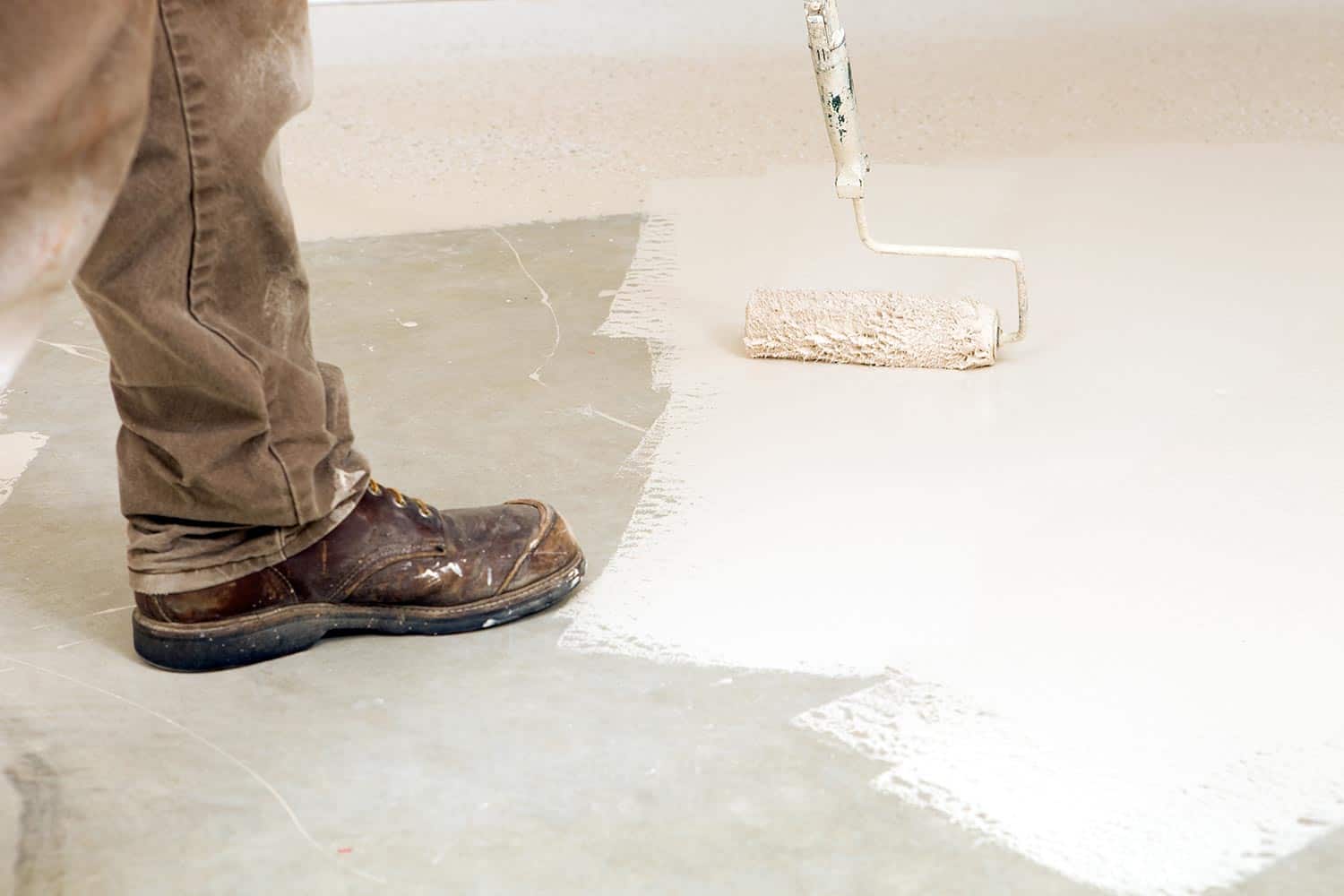
Only painting your concrete floor is discouraged as leaving it unsealed could need to further problems. Some paints come with sealants, but these might not be strong enough to hold water from seeping in.
Painting it may seem to cost less, but it will make you spend more in the long run. For the sake of neatness and health of the occupants of your home, you need to seal your concrete floor.
Should I Waterproof My Basement From The Inside or Outside?
Stepping into the water on the floor of your building can be uncomfortable. That is why reinforcing the structural integrity of your building is very important. Waterproofing is a reliable way to keep your building safe and sound.
One of the questions frequently asked by homeowners is, "should I waterproof my basement from the inside or outside." This poses a real problem when looking at your budget.
Waterproofing from the inside is more pocket friendly than from the outside. It is easy to maintain too. Waterproofing from the outside is also very effective against water seeps, although it is labor-intensive and more expensive.
Exterior Basement Waterproofing
This type of waterproofing protects the basement from seepage from the outside. It can be very labor-intensive, including digging gutters, excavating soil, and a lot of necessary machinery or tools. Exterior basement waterproofing is also more expensive.
Exterior basement waterproofing is very effective against water entering your building. If you live in a very wet area or experience significant rainfalls most of the year, you should consider this one. The excess water soaks the surrounding soil of your home and tampers with the structural integrity of the building.
Interior Basement Waterproofing
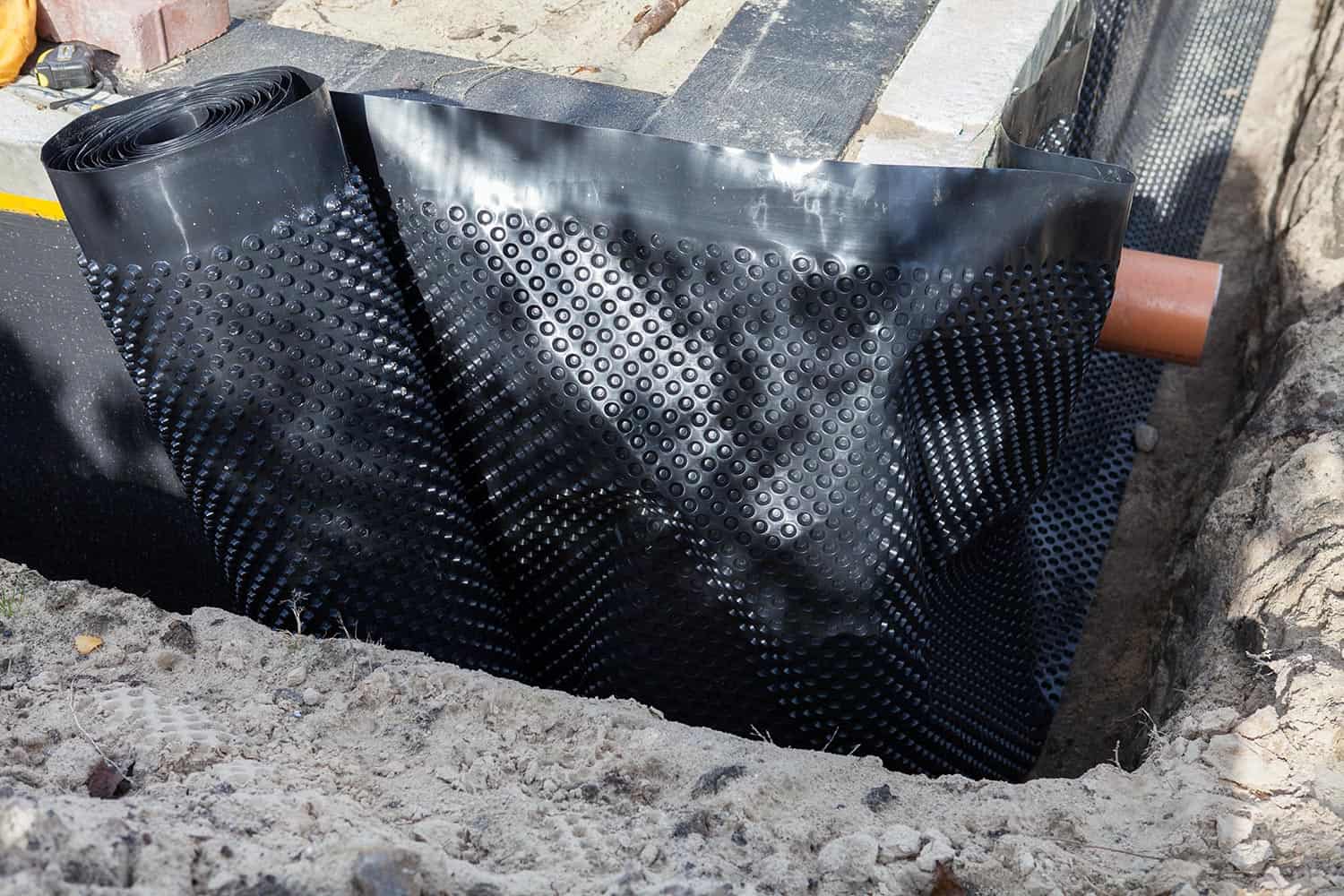
In this type of waterproofing, basement waterproofing is done from the inside. If you have already encountered a moisture problem, you should subscribe to this method quickly. Do you already see those irritating molds everywhere? The interior basement waterproofing is efficient in solving your problems.
It is budget-friendly and easy to maintain. However, it might not be efficient long-term. This interior pattern allows water to seep into your blocks or concrete but prevents it from appearing on your floors. This system may not stop water from damaging your structure.
You could resolve to use any of the patterns by weighing the pros and the cons. Any of them will work right to keep the molds out.
In Summary
Sealing your basement is very important. You must use the right material as well as the proper method. Do not wait until you see mold. Get the water out as quickly as possible to save money and time. Use drylok for your walls and basement. It is effective against moisture and all that comes with it.
To read more on sealing different parts of your home, we recommend some of our engaging posts:


